When the summer heat hits Fort Worth, your air conditioner becomes your best friend. But what do you do when it stops working correctly? Everyday AC problems can turn your home into a sauna, creating discomfort and stress. However, not all AC issues require a professional touch. Sometimes, simple fixes can resolve the problem and get your system back to cooling your home efficiently.
Understanding common air conditioning problems is the first step toward solving them. Issues like uneven cooling, weird noises, or even a unit that fails to start can often be fixed without needing professional help. Knowing what to look for helps you decide whether a DIY approach is sufficient or if it’s time to call the experts.
Before you reach for your phone, it’s worth checking out some simple solutions for these common AC problems. You can handle minor fixes yourself, saving time and money. This guide will help you identify issues, suggest easy fixes, and provide tips on when to seek professional assistance.
By the end, you’ll also learn how to prevent future AC problems, keeping your home cool and comfortable all summer long.
Common AC Issues Homeowners Face
AC problems can be a real headache, especially during the hot Fort Worth summers. Here are some common issues that many homeowners encounter:
1. AC Won’t Turn On: One of the most alarming problems is when the AC unit doesn’t turn on at all. This can be due to a tripped circuit breaker, a blown fuse, or a malfunctioning thermostat.
2. Uneven Cooling: Another frequent issue is when certain rooms remain warm while others cool down. This can result from blocked vents, dirty filters, or an improperly sized unit.
3. Strange Noises: If your AC makes strange sounds like grinding, banging, or squealing, it might be due to loose parts, a failing motor, or debris caught in the unit.
4. Water Leaks: AC units often develop leaks that can lead to water damage. This might happen because of clogged condensate drains or a broken condensate pump.
5. Warm Air: When your AC blows warm air instead of cool, it could be due to low refrigerant levels, a dirty evaporator coil, or a malfunctioning compressor.
Recognizing these issues can help you diagnose problems early, allowing for quicker and sometimes simpler fixes.
Simple DIY Fixes for AC Problems
Some AC problems can be resolved with a few simple steps, saving you the hassle and expense of professional help. Here are easy DIY fixes for common issues:
1. Check the Thermostat: Ensure your thermostat is set to “cool” and at the right temperature. Sometimes, the issue is as simple as incorrect settings or dead batteries.
2. Reset the Circuit Breaker: If your AC won’t turn on, check your electrical panel. A tripped breaker can easily be reset by flipping the switch.
3. Clean or Replace Filters: Dirty filters block airflow, causing uneven cooling. Simply clean or replace your AC filters monthly during peak use to maintain efficiency.
4. Clear Debris from Vents: Make sure vents are not blocked by furniture, curtains, or other objects. Clear out any dust or debris that might impede airflow.
5. Unclog the Drain Line: If you notice water leaks, try to unclog the condensate drain line. A mixture of water and vinegar can be poured down the pipe to clear out build-up.
6. Inspect Air Ducts: Leaks in your air ducts can cause uneven cooling. Use duct tape to seal small leaks temporarily, though larger issues may need professional attention.
Taking these simple steps can often resolve minor problems and improve your AC’s performance, keeping your home comfortable during the hot months.
When to Call a Professional
While some AC issues can be fixed with simple DIY methods, others require the expertise of a professional. Here are some signs that it’s time to call in the pros:
1. Persistent Problems: If you’ve tried DIY fixes and the problem keeps coming back, a deeper issue might be at play. Persistent issues often need a professional diagnosis.
2. Strange Sounds or Smells: Unusual sounds like grinding, hissing, or banging, as well as strange odors, can indicate serious issues such as electrical problems or mold growth. These require specialized tools and expertise.
3. No Cooling: If your AC isn’t cooling even after checking the thermostat and filters, the issue could be low refrigerant levels, a failing compressor, or other complex problems that need professional repair.
4. Leaks: Water or refrigerant leaks around your AC unit can cause significant damage and health risks. A professional will know how to safely and effectively address these issues.
5. Electrical Problems: If resetting the circuit breaker doesn’t fix the problem, it’s best to call a professional. Electrical issues can be dangerous and should be handled by a qualified technician.
Knowing when to call a professional ensures that serious problems are addressed promptly and safely, preventing further damage to your system.
Tips for Preventing Future AC Issues
Preventing AC problems can save you from the hassle of unexpected breakdowns and costly repairs. Here are some tips to keep your AC running smoothly:
1. Regular Maintenance: Schedule annual maintenance checks with a professional. Regular servicing can catch minor issues before they turn into major problems.
2. Change Filters Often: Replace your air filters every one to three months. Clean filters ensure efficient airflow and reduce the strain on your AC system.
3. Clean the Outdoor Unit: Keep the area around your outdoor unit clear of leaves, dirt, and debris. Cleaning the coils and fins can improve efficiency and extend the life of the unit.
4. Check the Thermostat: Make sure your thermostat is working correctly and is calibrated. Consider upgrading to a programmable thermostat for better temperature control and energy savings.
5. Seal Ducts and Insulate: Leaky ducts and poor insulation can cause your AC to work harder than necessary. Sealing ducts and adding insulation can improve efficiency and comfort.
6. Monitor System Performance: Pay attention to how your AC performs. Unusual noises, longer running times, and higher energy bills can be early signs of trouble.
By following these tips, you can ensure your AC system operates efficiently and remains reliable throughout the Fort Worth summer.
Stay Cool with These Quick Fixes for Fort Worth AC Problems
Keeping your AC in top shape is essential for surviving the Fort Worth heat. Recognizing common issues, attempting simple DIY fixes, knowing when to call a professional, and following preventive maintenance tips can make a big difference. By taking proactive steps, you can extend the life of your AC system, improve its efficiency, and maintain a comfortable home environment.
If you’re experiencing persistent problems or need professional help, don’t hesitate to reach out to Spire Heating and Air Conditioning. Our team is ready to handle any AC issue, ensuring your home stays cool and comfortable. Contact us today to schedule an appointment for your air conditioning repair in Fort Worth!


